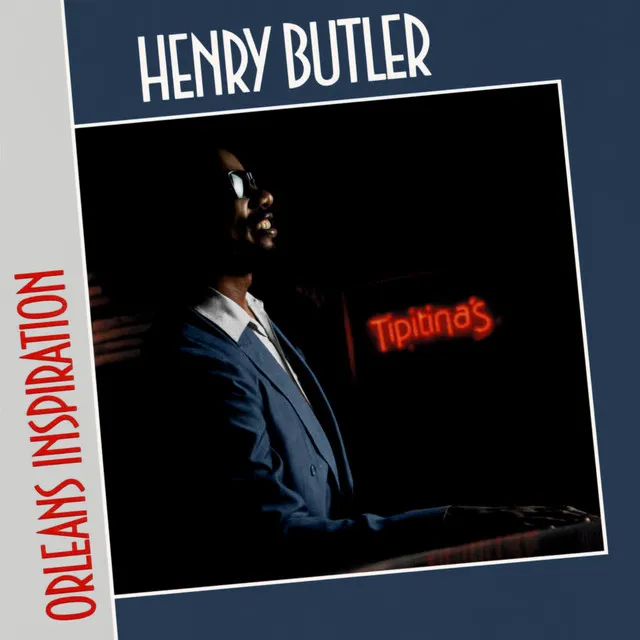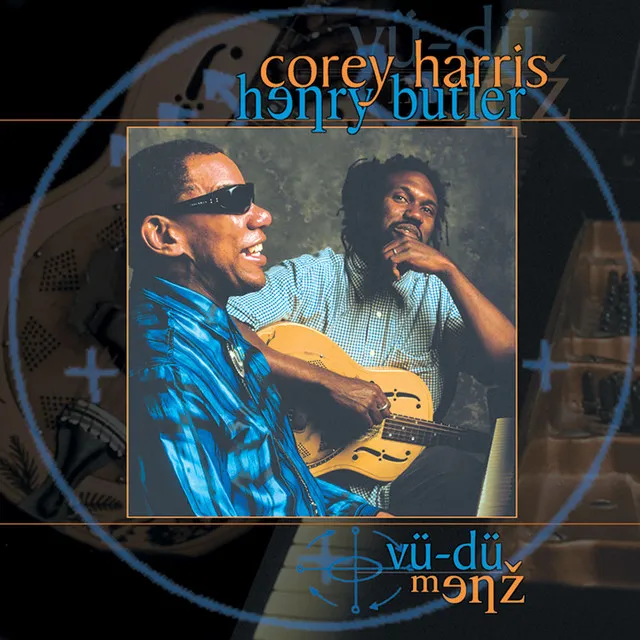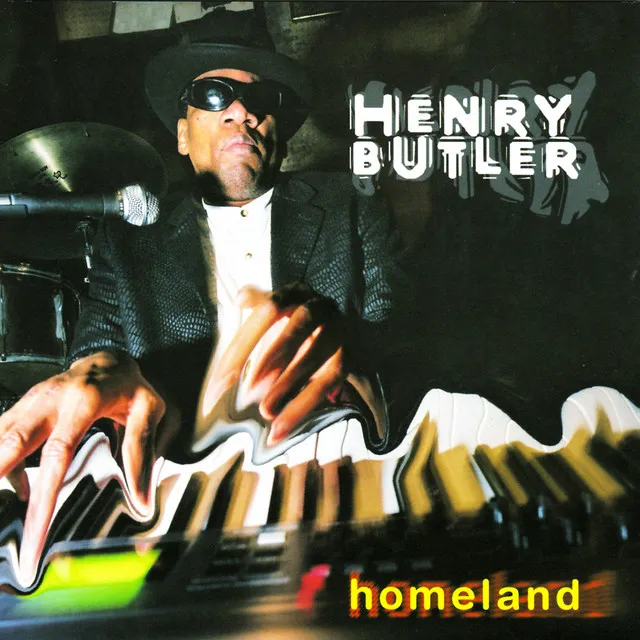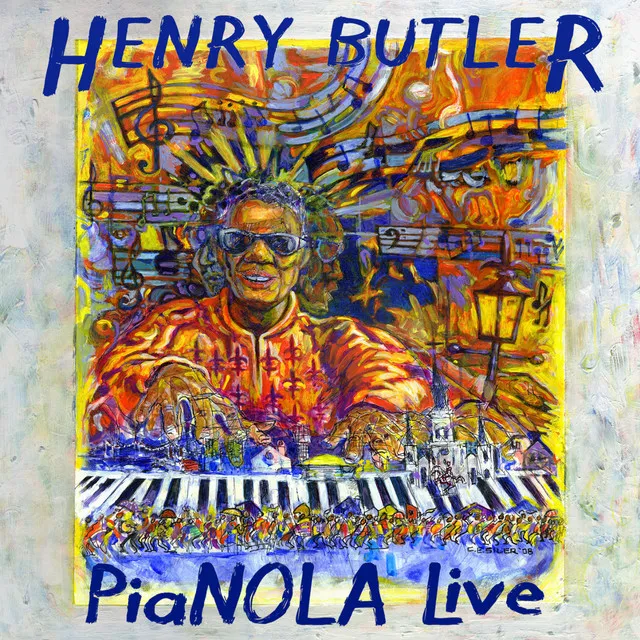Henry Butler's blues-based, New Orleans funk-style piano playing was not for every blues fan, to be sure. Butler was a local legend in New Orleans, but rarely toured other parts of the country; most any time of the year he could be found playing in one of New Orleans' famous night spots. It's not an exaggeration to say Butler was a piano genius who was not discovered by the masses. His recordings demonstrated that he could do it all: he wrote his own songs, did his own arrangements of classic tunes by Professor Longhair and others, and could play with as much passion as a soloist as he could with a band. What made him great -- but admittedly difficult for record companies to market -- was that he constantly pushed himself in new directions as a musician. He couldn't be pigeonholed as blues, jazz, or even rock & roll, though he performed all three genres with impeccable taste, depth of understanding, and freshness of appreciation. Butler's playing also reflected influences like gospel and classic R&B.
Butler was born in New Orleans and first began playing piano at a neighbor's house when he was six. While attending the Louisiana State School for the Blind in Baton Rouge, he began taking piano lessons, also studying drums, baritone saxophone, and valve trombone. He began playing professionally when he was 14 in Baton Rouge clubs, and then attended college at Southern University in Baton Rouge. He later did postgraduate work at Michigan State University. Before graduating from college, Butler received a National Endowment for the Arts grant to study with Cannonball Adderley and his group of veteran musicians; he learned a lot from all of them, including pianist George Duke.
In the mid-'70s, he returned to New Orleans and found work as a voice teacher at the New Orleans Center for the Creative Arts. Butler then lived in Los Angeles and New York City for several periods of time, pursuing record deals. Butler credited jazz clarinetist Alvin Batiste with being a major influence on his career. When Butler was listening to Jimi Hendrix and Chicago, Batiste advised him to begin studying the music of John Coltrane and Charlie Parker, which enabled Butler to develop the great improvisational abilities he demonstrated in his performances.
Butler had a number of albums to his credit, including Fivin' Around (1986, MCA/Impulse!), The Village (1988, MCA/Impulse!), Orleans Inspiration (1990, Windham Hill Jazz), Blues & More, Vol. 1 (1992, Windham Hill Jazz), and For All Seasons (1996, Atlantic). In 2000, he teamed with Corey Harris for the album Vu-Du Menz. Butler remained active with performing and recording during the new millennium -- his albums during the first decade of the 21st century included several discs on the Basin Street Records label: 2002's The Game Has Just Begun, which some listeners regarded as a bit too heavy on the electronics; 2004's Homeland, regarded as a return to form; and PiaNOLA Live, a 2008 collection of solo piano performances recorded over the preceding two decades. Butler continued to support himself through private lessons and performances around the Crescent City, the latter exemplified by the independent release of Live at JazzFest in 2012.
Butler first met New York trumpeter/arranger Steven Bernstein (Sexmob, Millennial Territory Orchestra) in 1998 as members of the band in Robert Altman's film Kansas City. They re-teamed in 2011 to perform early 20th century blues and jazz at a N.Y.C. blues festival. In 2012, they played an extended run at the Jazz Standard, where producer Joshua Feigenbaum caught the act and convinced them to record. He produced Viper's Drag, billed to the pair with an all-star backing back called the Hot 9. The set was issued as the first title for a revived Impulse! in July of 2014. Although diagnosed with colon cancer the following year, Butler continued to perform worldwide, and made his last concert appearance in New York City in June 2018; he died early the following month at the age of 69. ~ Richard Skelly, Rovi



